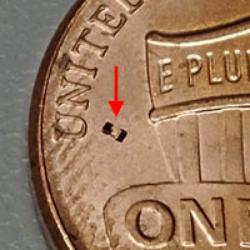October 15, 2020
All-terrain microrobot flips through a live colon
A rectangular robot as tiny as a few human hairs can travel throughout a colon by doing back flips to transport drugs in humans, Purdue University engineers have demonstrated in live animal models.










